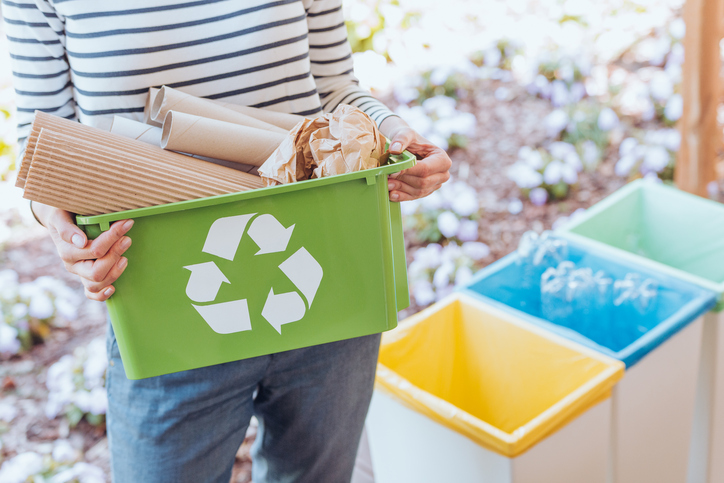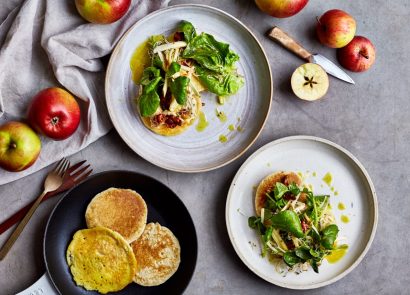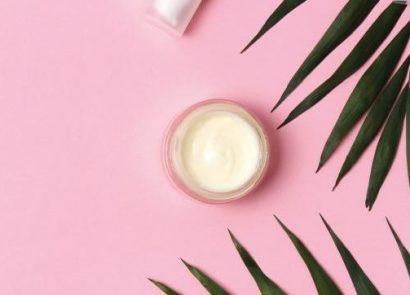-
1. Think about the clothes you buy “Many man-made materials such as polyester shed thousands of plastic fibres each time they are washed – and these are becoming a real problem in our oceans,” explains Richard Mcllwain, deputy chief executive of Keep Britain Tidy. “Choose natural materials or use a ‘Guppyfriend’ bag in your machine which claims to catch fibres that are released during the wash.”
-
2. Don’t buy plastic cotton buds Yes, they may look harmless strewn across your dressing table but plastic-stemmed cotton buds are a big cause of marine pollution. Often flushed down toilets, they are frequently found washed up on beaches and floating in our rivers and oceans. Make sure any you buy are paper-stemmed and biodegradable.
-
3. Go ‘naked’ in the bathroom There’s now a growing number of ‘naked’ toiletries available from brands such as Lush, which come in bar format and don’t require plastic packaging. Try the shampoo bar from Lush (which helped stop the manufacturing of 15,890,925 plastic bottles in 2015 alone) or stop buying hand soap in plastic pumps.
-
4. Ditch the cling film “Cut down on cling film wherever possible,” says Emma Cunningham, senior pollution campaigns officer from the Marine Conservation Society. “That’s really bad as it often can’t go in local recycling. I often cover leftovers with plates in the fridge (rather than cling film) and I also use paper bags to store food where possible.” You can also buy reusable and biodedegrable beeswax food wraps (beeswaxwraps.co.uk) so there’s no excuse.
Show your inbox some love
Get a weekly digest of Health & Wellbeing emailed direct to you.





















